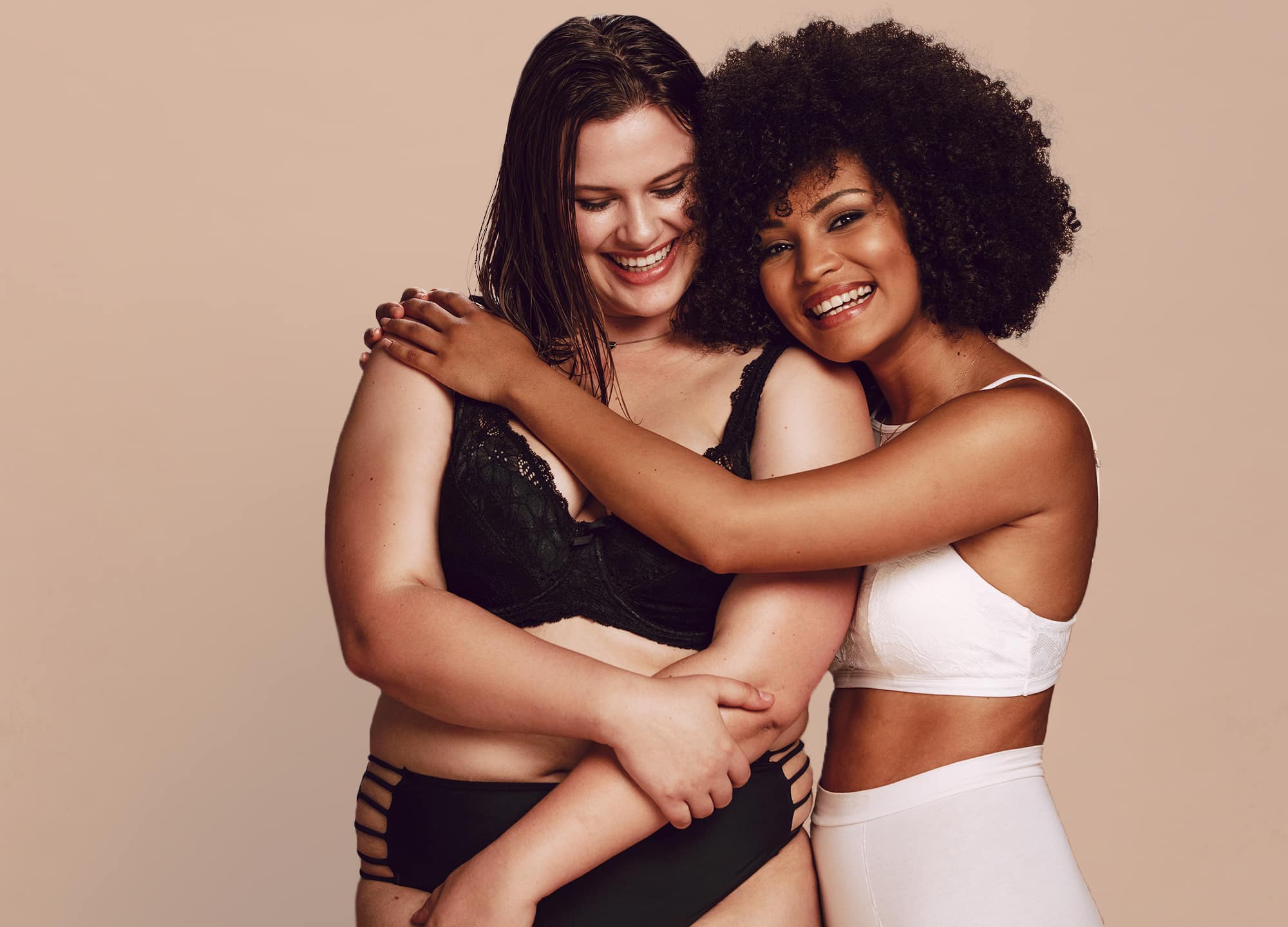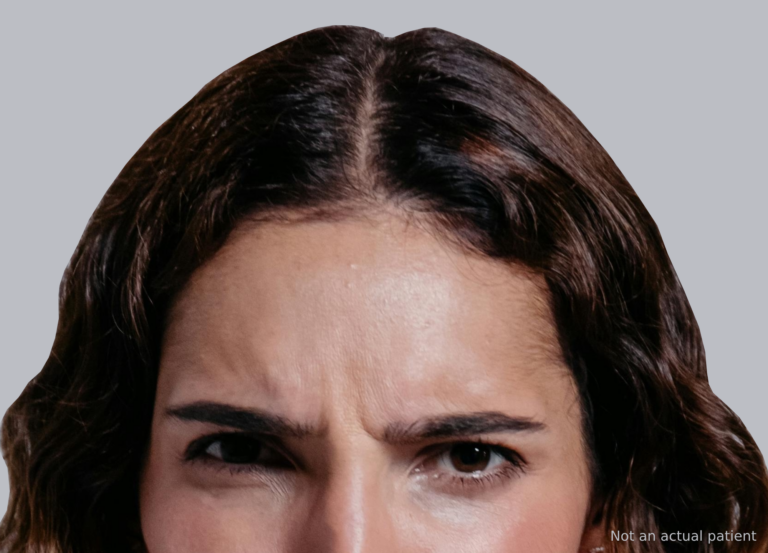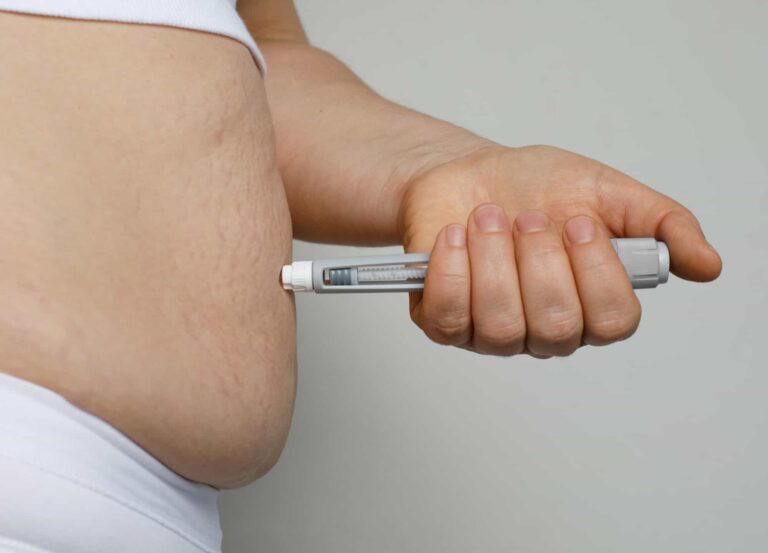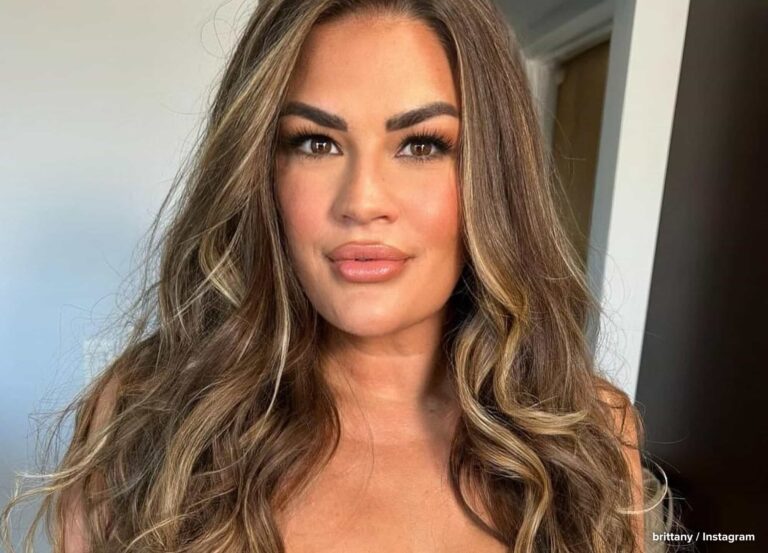Beauty standards have changed remarkably throughout history, and cosmetic surgery trends tend to follow them—whether it was the nose job craze of the ’80s and ’90s or the butt augmentation popularity of today. However, in recent years, there has been the rise of another trend that some may consider to be the antithesis of cosmetic enhancements: body positivity and self-acceptance.
Social media is overwhelmed with messages of self-love, with influencers, celebrities, and brands encouraging you to embrace your so-called flaws and to love “your non-size-zero body.” At the same time, the American Society of Plastic Surgeons found that Americans spent upwards of $16.5 billion on cosmetic enhancements in 2018, with the market expected to hit $43.9 billion by the year 2025. It begs the question, can these two seemingly contradictory notions coexist?
Celebrities, models, and influencers are praised when they post unretouched images on social media, proudly displaying cellulite, acne scars, and stretch marks, or when they encourage fans to “wear a bikini” whenever they want. Meanwhile, on the same platforms, we are bombarded with images of celebs and influencers (sometimes the very same people) with fillers, implants, lip augmentation, and other cosmetic alterations.
Related: Rebel Wilson Visits Plastic Surgeon, Shares 2 Procedures She’s Trying After Weight Loss
The purpose of the body-positivity movement (predated by the fat-acceptance movement) is to normalize bodies that challenge the status quo of thin, white, cisgender, and able-bodied. The concept has since evolved—it’s now conjoined with self-acceptance, confidence, and self-love, allowing body positivity to relate to not just a person’s physique but their other bodily “flaws,” like the aforementioned scars and stretch marks.
They’re both controversial.
While the increase in plastic surgery has helped to lessen the attached stigma, the practice is still not completely accepted. Recently, Cardi B was criticized by fans for opting for plastic surgery after the birth of her daughter. “[People tell me], ‘You lazy, you should just work out.’ I do whatever the f**k I want to do with my body,” she said in an Instagram Story. The body-positivity movement also gets criticism for being co-opted by brands or putting unnecessary pressure on the same people it was supposed to lift up.
The pros and cons of cosmetic enhancements on a person’s well-being
Dr. Sheel Desai Solomon, a board-certified dermatologist in Raleigh-Durham, North Carolina, believes that people can be generally happy with themselves while still have something they want to get work done on. “I see many women in my practice who are not supermodels, who are body-positive yet seek to be the best realistic versions of themselves,” she says.
However, Dr. Solomon does get concerned when patients take things to an extreme. “Some millennials are so obsessed with how they look in their selfies that they will take dozens and dozens until they find one that is acceptable to them. Even then, they will scrutinize that photo to find out what they think needs to be fixed cosmetically,” she says, adding, “That type of obsession is unhealthy and should be discussed with a mental-health professional.”
But when obsession or addiction to plastic surgery isn’t an issue, there can be immense benefits. A 2013 study showed that cosmetic plastic surgery had improved the social and psychological well-being of patients and resulted in positive effects on “anxiety, social phobia, depression, body dysmorphia, goal attainment, quality of life, life satisfaction, attractiveness, mental and physical health, well-being, self-efficacy and self-esteem.”
What do patients want to look like?
Dr. Sheila Nazarian, a board-certified plastic surgeon based in Beverly Hills, California, says that times are changing, as far as preferred aesthetics in cosmetic enhancements. “Compared to four and five years ago, we’ve had a big shift in moving away from the ‘plastic’ Barbie associated with cosmetic treatments and instead skewing toward more natural results,” she says. “Large breast implants have become less popular,” she explains, and patients are now asking for “small enhancements.” She also says that instead of bringing in a photo of a celebrity as inspiration, patients will ask for a “more optimized version of themselves” and will point out areas where they would like to see “improvement.”
Dr. Solomon has seen the same in her practice. “Patients increasingly want to maintain their general face structure and inherited family traits and generally want to look like themselves—but with a few refined tweaks,” she says. “Millennials will still continue to scrutinize themselves on Instagram, so they seek to look like themselves but aim for procedures to achieve an ‘an airbrushed or filtered version’ of themselves.” She also says that some patients do ask for celebrity-inspired features, such as Scarlett Johansson’s or Kylie Jenner’s lips or Halle Berry’s or Jennifer Lopez’s chin and jawline.
Related: Why I Added Botox to My Whole-Body Anti-Aging Regimen
And while there has been a trend in beauty where some cosmetics brands and even media outlets have vowed to discontinue using the term anti-aging in order to, as Allure editor-in-chief Michelle Lee put it in 2017, stop “reinforcing the message that aging is a condition we need to battle,” some millennials want to block the threat of aging before it starts—by turning to neurotoxins. Dr. Solomon explains that in just five years, Botox use among people ages 19 to 34 increased by 87%. “While older generations are concerned with correcting damage, people in their 20s and 30s are concerned with ‘pre-juvenation,’” she says. “They want to prevent wrinkles before the wrinkles even form.”
Ultimately, Dr. Nazarian believes that body positivity and plastic surgery can actually work together, as part of an overall “wellness” plan. “I see things continuing on the trend of being the best version of themselves, combining self-care at home with diet and with plastic surgery,” she says. “People are becoming less reliant on using plastic surgery just to take care of certain ‘problem areas’ and instead are combining it with more of an overall wellness lifestyle.”
You make your own choices
Even with the criticism and controversies, there are body-positive influencers who believe the two can coexist. Tess Holliday, model, activist, and the creator of the #EffYourBeautyStandards movement, believes that plastic surgery can be body-positive. In an Instagram post from May, Holliday posed with board-certified plastic surgeon Dr. Ashkan Ghavami after a “nonsurgical refresh” while speaking out on the subject, saying, “People like to say that getting plastic surgery can’t be body-positive, but of course it can be! It’s your body to present how you wish. What isn’t body-positive is getting cosmetic procedures and not being honest about it, because that just sets up another unattainable beauty standard.” Holliday adds: “Just make sure that you are doing it for you and not because of what other people think!”
British model and body-positive advocate Iskra Lawrence is also pro plastic surgery. When asked about her thoughts on it in a 2016 interview witfh Cosmopolitan, Lawrence said, “It’s wonderful that people have that opportunity to change their lives, if it’s something that affected them” and described her mother’s own nose job as “the best thing she ever did.” She also shared Holliday’s sentiment on the purpose of the procedure. “Just making sure you do it for the right reasons and you do it for you—I think that’s the main thing,” she said.
Related: Tyra Banks reveals she got a nose job, says it’s OK to “fix it or flaunt it”
Actress Kaley Cuoco has been open about getting work—specifically, a nose job, breast augmentation, and filler in her neck—done and has no regrets. “As much as you want to love your inner self…I’m sorry, you also want to look good. I don’t think you should do it for a man or anyone else, but if it makes you feel confident, that’s amazing,” she told Women’s Health in 2016.
Bottom line: getting cosmetic surgery is a person’s individual choice, and if it’s instrumental in helping them achieve self-love and self-acceptance, then so be it. That’s more than enough proof that the two can exist together in harmony.











